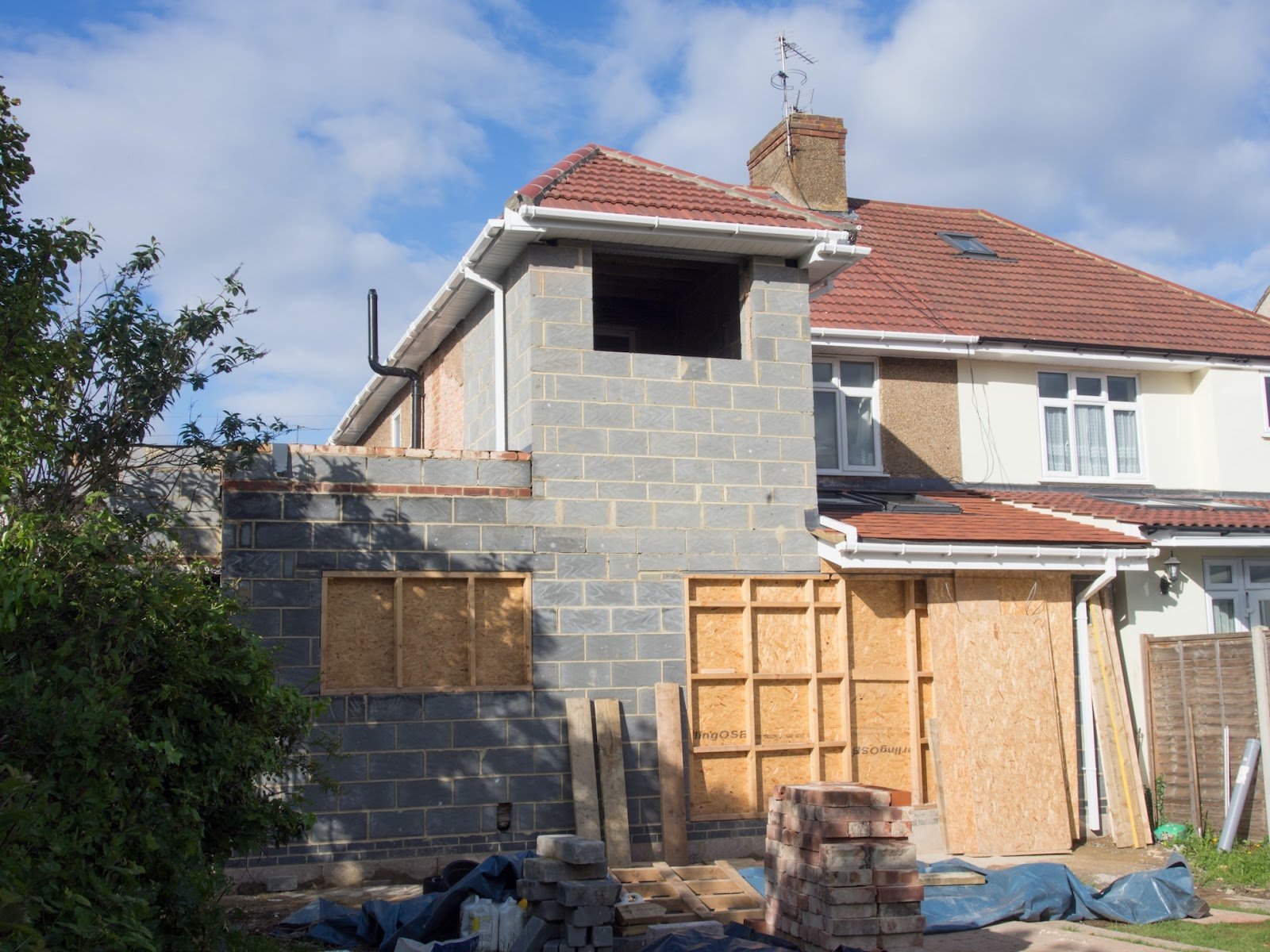Embarking on a building project is always a significant undertaking, whether it’s large or small. You may be making DIY improvements to increase your home’s value or adding an extra bedroom or bathroom. Whatever you’re doing, however, you should consider the legality, safety, and success of the project. This article will guide you through some vital formalities to ensure you have a smooth and hassle-free building experience.
Detailed Planning And Design
During this initial stage, you should outline your vision, specifications, and the functionality you desire. Collaborate with architects, designers, and structural engineers. They can help you transform your vision into tangible plans that align with local building codes and regulations. Detailed planning helps in identifying potential challenges, and gives you the opportunity to develop proactive solutions.
You’ll also get a better idea of how much everything will cost. You can discover the tasks you can complete yourself. If you need professional assistance, you can start reaching out to contractors for quotes. Ultimately, all these things can help you set the foundation for a successful project.
Securing Necessary Permits
This is a legal requirement for most building projects. Permits ensure that the construction complies with local zoning laws, building codes, and other regulations. The process involves submitting your building plans to the local authorities for review. The authorities will assess the plans to ensure they meet safety, environmental, and aesthetic standards. If you don’t obtain the permits before you begin the work, you could be fined, or may even have to demolish what you’ve achieved.
Securing permits can be a time-consuming activity. However, it safeguards against legal complications and ensures the longevity of the structure. Perhaps your property is situated in the U.S. state of Colorado, USA. If so, you can access permit expediters in Denver who can help with landmark approvals, transportation-related approvals, and stormwater management. They can also assist with signing permits or contractor licensing, as well as providing advice on your project.
Land Survey And Soil Testing
Before construction begins, it’s essential to understand the characteristics and constraints of the land you’re building on. A land survey will provide accurate details about the property’s boundaries, elevations, and possible encroachments. This information is critical in avoiding legal disputes with neighbors. It also ensures the activity complies with setback regulations.
Soil testing is another pivotal formality. It involves analyzing the soil’s composition, bearing capacity, and suitability for construction. The results will guide the structural engineer in designing the foundation appropriately. This can prevent structural failures and ensure the stability and safety of the building.
Construction Insurance And Bonding
To mitigate the risks associated with building projects, it’s paramount to secure both construction insurance and bonding. Construction insurance covers various liabilities. These include injuries, damages, and accidents that might occur during the construction process. Different policies cover different aspects, so you should first consult with an insurance advisor. They can help you select the right coverage for your project.
Bonding is another essential formality, primarily when working with contractors and subcontractors. Construction bonds serve as a financial guarantee that the contractor will complete the project as agreed. In turn, this serves to protect the property owner’s investment.

Agreements And Contracts
Once you’ve chosen your professional helpers, it’s key to draft a comprehensive and clear contract. The agreement should detail the scope of work, payment schedules, timelines, and the responsibilities of both parties. It should also address how to handle disputes, delays, and any additional costs that may arise during construction.
A well-drafted contract serves as a legal framework that guides the project. It can also help you resolve potential conflicts with contractors. Finally, it ensures transparency and mutual understanding between the parties involved.
Financing Arrangements
Given the substantial investment involved in most building projects, this is a crucial step. Before you begin, you need to assess your budget realistically. Take into account the costs of materials, labor, permits, and unexpected contingencies. Explore various financing options such as loans, mortgages, or lines of credit. This can help you determine the most suitable solution for your financial situation.
It’s vital to have your finances in order and to ensure a steady cash flow. This can be pivotal in avoiding delays and ensuring the uninterrupted progress of the construction project. It can also act as a safeguard to protect you from going into debt or having to abandon the project halfway through.
Community Consultation And Neighbor Notification
This step is especially crucial for projects that might cause disruptions due to noise, traffic, or alterations to the neighborhood’s aesthetics or functionality. Be sure to initiate conversations with neighbors early in the process. You should inform them about the nature, duration, and impact of the project. Addressing their concerns proactively can foster goodwill. It can also mitigate tensions or disputes that may arise during the construction phase. Some local jurisdictions may even mandate community consultations or notifications, as part of the approval process.
They’re designed to gauge public opinion and manage community relations effectively. This activity can sometimes provide valuable insights and suggestions that can contribute to the project’s success. There may be formal meetings, informal discussions, or written notifications. During this phase, it’s key to maintain transparency and foster a cooperative environment. This can ensure the project’s seamless integration within the community framework.
Final Inspections And Certifications
After the completion of the construction, final inspections will be necessary. They’re used to verify that the building complies with the approved plans, local building codes, and regulations.
The local building department will conduct these inspections. They’ll check structural integrity, safety features, and installations. Once the building passes the inspection, you’ll receive a certificate of occupancy. In turn, this will allow the building to be inhabited legally.
Each of the formalities we’ve discussed serves to uphold the safety, legality, and success of your building endeavor. By paying attention to everyone, you can ensure that your project adheres to the highest standards of quality and compliance. You’ll then be paving the way for a building that stands the test of time and fulfills your vision to the full.


















